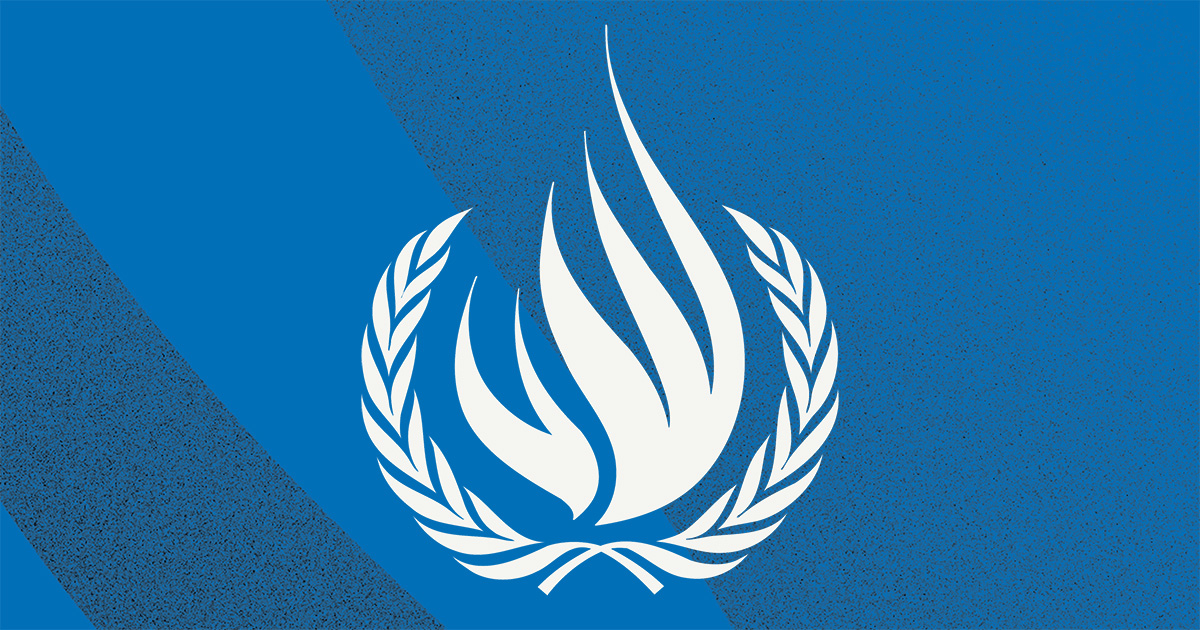
While browsing social media, I witnessed a gruesome physical dispute among a group of young people that resulted in one of them being killed and two injured. I was shocked, not only by the dispute itself — over car parking, of all things — but by some public reactions.
There were people who encouraged the violence, and even started to call for the collection of financial compensation, or diyah, to exempt the offender from the death penalty. Such incidents are worrying evidence that the security of this homeland may be compromised by tribal racism, the harm from which may range from abuse to murder. How can the law combat this?
Islam is a religion that guarantees freedom and dignity for all, and Saudi Arabia is a state that guarantees all rights to all its citizens, but this tribalism distorts and undermines these guaranteed rights. With no dedicated law against tribal racism and a lack of specific penalties, cases are dealt with at the discretion of a judge and his evaluation of the circumstances. Most tribal racism cases are prosecuted under the Anti-Cybercrime Law, in particular Article 6, which imposes a prison sentence of up to five years and a fine of up to SR3 million ($800,000) on anyone convicted of producing or sharing content that violates private ethics and morals, or the private lives of other individuals.
A clear and explicit law to criminalize this racism would, of course, preserve national unity and enable a victim to bring a lawsuit against anyone who breaks the law, whether morally or physically. Until such a law is adopted, Article 12 of the Basic Law of Saudi Arabia ensures that national unity must be maintained and strengthened, and prevents any act that affects this unity and leads to discrimination between the people of the homeland.
The other issue we cannot ignore is the social media campaign to collect money to pay the diyah to exempt a member of one tribe from execution. Such campaigns have become a business, with its own traders and brokers, often called “blood brokers.” Their task is to collect donations for diyat that can sometimes reach hundreds of millions of riyals, and there have been cases of theft and exploitation.
The Ministry of Media prohibits press coverage or publication of any advertisements to collect donations, donor names, account numbers, or anything that would cause an increase in demand for more than the legal fees in murder cases. Everyone has a duty to report such campaigns to the authorities, to mitigate the damage they cause and to reinforce the principles of peace and forgiveness called for by our religion and our country.
Meanwhile, in the absence of a specific law, anyone harmed by tribal racism may file a complaint with the police, and the Public Prosecution will investigate.
Legislative and social efforts must be combined to combat this phenomenon, which can be a major obstacle to the Kingdom’s social development and impede attempts to promote integration and peace in society. It is also important to emphasize that these social and legislative efforts should be complemented by awareness that begins at home.
• Dimah Talal Alsharif is a Saudi legal consultant, head of the health law department at the law firm of Majed Garoub and a member of the International Association of Lawyers. Twitter: @dimah_alsharif
Disclaimer: Views expressed by writers in this section are their own and do not necessarily reflect Arab News" point-of-view











